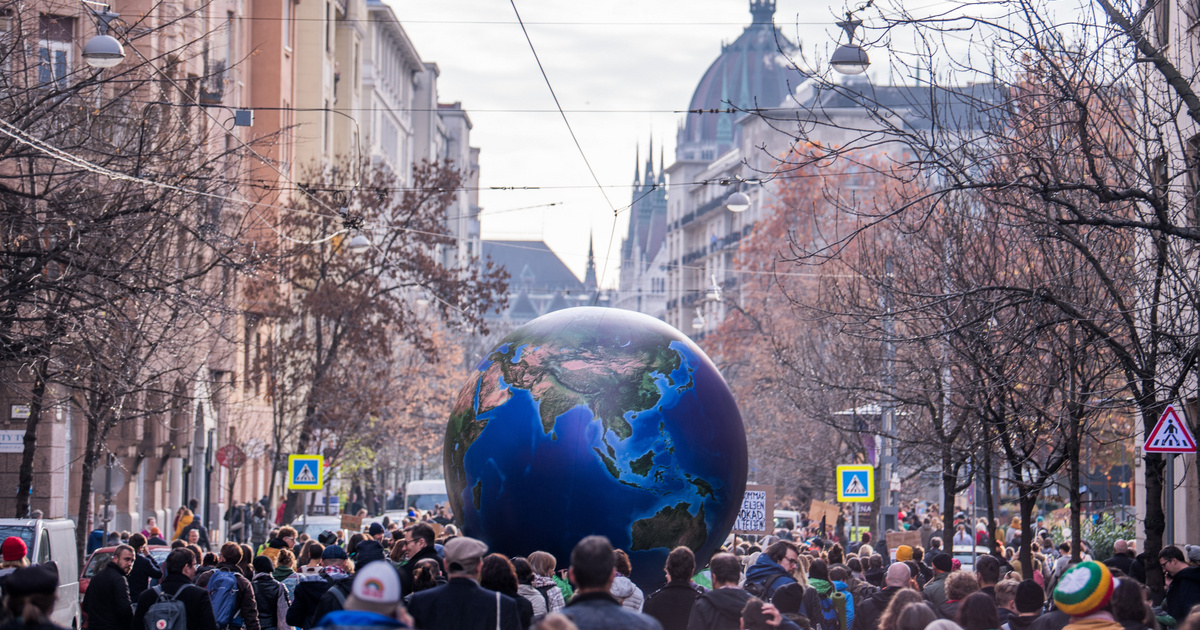The ALTEO Group, which deals with energy services and trade, conducted a nationwide representative survey to assess the knowledge and behavior of the Hungarian population regarding environmental protection. 92 percent of respondents have an expressed interest in protecting the environment, and 82 percent believe that environmental problems have a direct impact on their lives.
63 percent of those surveyed think the environment is so important that the fate of future generations depends on it, however
Almost a third of them are not yet convinced that this will be one of the most important tasks for people at the moment.
87% of respondents are concerned about climate change to some degree, and 31% of them are very concerned about the potential consequences. University graduates and Budapest are mainly involved in this, as they are the ones most aware of the factors threatening our planet.
Study participants were able to list an average of twelve known environmental problems. The list includes air pollution (83 percent), excessive deforestation (81 percent), food, water, energy and clothing waste (75 percent), climate change (73 percent) and global warming (71 percent).
Waste recycling and global warming are the most well-known problems among young people between the ages of 20 and 29, and waste and high carbon emissions are among those with a university degree. In addition to the latter, residents of Budapest mentioned plastic pollution particularly often, which 83 percent of them had already encountered in some way.
Most say everyone is responsible
Yet awareness of environmental problems does not equate to how important it is for respondents to be considered.
Most of them fear excessive deforestation and under-cultivation of green spaces. This is followed by global warming, air pollution and climate change.
– Beatrix Szabo, Head of ALTEO Integrated Management System, presented the results.
Eight out of ten respondents said that everyone is responsible for environmental problems and how to solve them, while 19 percent expect targeted actions from companies, countries and global organizations. The latter is what characterizes men the most, as a higher percentage of women consider collective responsibility important.
Nine out of ten people conclusively say they take action against problems themselves, and nearly half of them see companies taking their share of the environment.
The three most important things Hungarians do for a greener future are selective waste collection, avoid wasting energy, water and food, and limit shopping.
Renewable energy use occurs in every tenth household, while 4 percent of respondents drive an electric or hybrid vehicle. In general, those over the age of 50 with a higher education are the most active environmentalists.
(Cover Photo: Participants in the Budapest protest related to the Fourth Global Climate Strike will march to Parliament on Balassi Bálint Street on November 29, 2019. Photo: Zoltán Balogh / MTI)












































